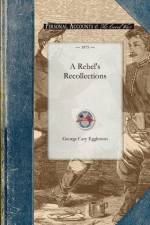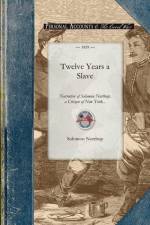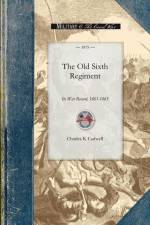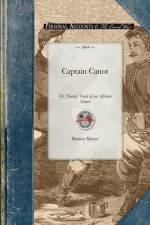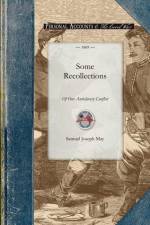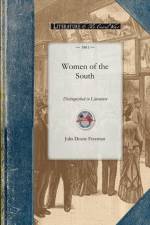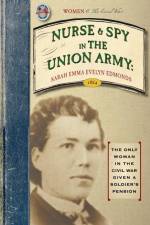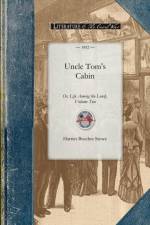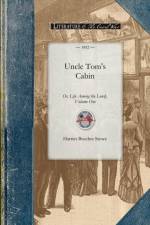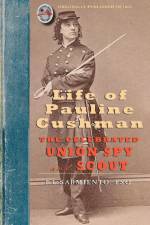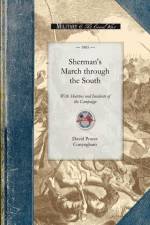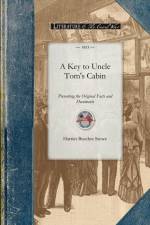von Augustine Joseph Hickey Duganne
38,00 €
Purchase of this book includes free trial access to www.million-books.com where you can read more than a million books for free. This is an OCR edition with typos. Excerpt from book: CHAP T ER III. OEDEBED TO LA3?OUBCHE. An orderly dashes up to my tent, with missive from Headquarters. You will report immediately to General Emory. .. I sally out at once, and lose myself in darkness of boggy fields and foot-paths lately submerged by the rain-deluge. Nevertheless, accomplishing the distance between the General's quarters and my own, I present myself before him with due alacrity. He is a stern- looking man, middle-aged, who in his youth, doubtless, was handsome. Engaged with an Adjutant, inditing orders and dispatches, he looks -up as I enter, nods, and'points to a chair. General Emory has a good record of past service before the war. 'He directed a military reconnoissance in Missouri and California, publishing a graphiq volume of Notes thereon, some sixteen years ago; and his official reports to Government on the Gold Regions, and as historian of the Mexican Boundary Commission, are of interest and value in a literary point of view. So, waiting here for orders, I regard the physiognomy of my General sympathetically, both as soldier and author. Camp gossip gives General Emory a reputation for rigor in discipline?painting him as a rough and gruflj bashaw-sort of commander; but I fail to notice any traits of martinetism in his serious lineaments. Curi- ously, however, an anecdote told by onr volunteer boys about the General crosses my mind at this moment. They had been demolishing fences, as usual, these brave boys, gathering firewood for coffee-boiling; and, as usual, likewise, those innocent sufferers, the se- cesh planters, had complained to the General of their grievances; whereat a special order issued from headquarters. It recited the enormity of depredations, the necessity of inflexible discipline, the duty of officers and men...

